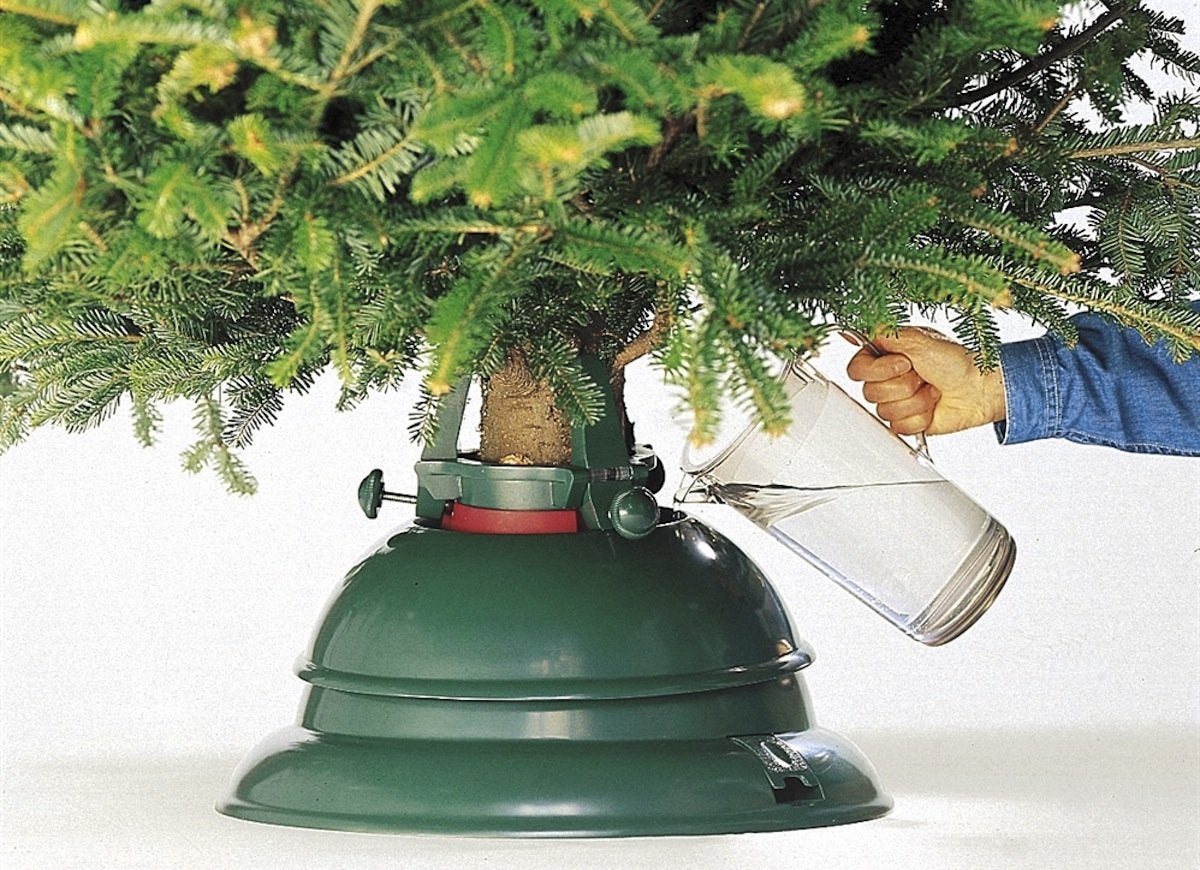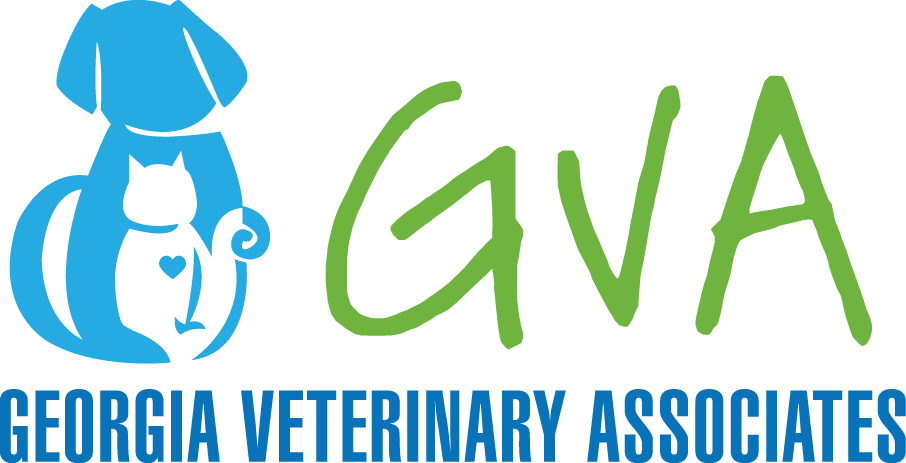To make sure everyone has a safe and joyous holiday season.
The holiday season is a time of giving and joy for many families. However, for pets there are some dangers that come along with the holiday festivities. During this season it's important to keep in mind some of the hazards for pets all while still enjoying the holidays.

Pets are attracted to bight lights much in the same way kids are. Low hanging ornaments, tinsel, and even twinkling Christmas lights pose a threat to pets. Here are some things to keep in mind in regards to decorations this holiday season.
Pine water can be poisonous to pets.
-
Real trees add a sense of holiday magic to any home but pets are mischievous
 creatures and may tend to want to snoop around. The water used to keep your tree fresh once in your house will no doubt absorb whatever chemicals were used to keep the tree fresh before hand. The chemicals used to achieve this range from preservatives, pesticides, fertilizers, to other chemicals like aspirin, all of which are potentially harmful to pets. To avoid any unwanted medical visits, use a covered tree stand or wrap the top of an open stand with tin foil. Anything to deter your pets from finding and trying to drink the water. Covered tree stands can be found at most big name home improvement stores such as Home Depot and Lowes.
creatures and may tend to want to snoop around. The water used to keep your tree fresh once in your house will no doubt absorb whatever chemicals were used to keep the tree fresh before hand. The chemicals used to achieve this range from preservatives, pesticides, fertilizers, to other chemicals like aspirin, all of which are potentially harmful to pets. To avoid any unwanted medical visits, use a covered tree stand or wrap the top of an open stand with tin foil. Anything to deter your pets from finding and trying to drink the water. Covered tree stands can be found at most big name home improvement stores such as Home Depot and Lowes.
Pine Needles and Pine Oil are mildly toxic and can irritate the throat and stomach.
-
While the Oil from pine trees can irritate the GI tract and cause excessive drooling or vomiting, pine needles are also hard to digest. On top of the irritation from the Pine Oil, the needles can irritate the GI tract and cause vomiting, GI obstruction, or even a puncture depending on the type of pine needles. As always the amount of trouble depends on the amount ingested.
Mistletoe, Holly, and Poinsettias are poisonous to pets.
-
Mistletoe, Holly, and Poinsettias are considered to be moderately to severely toxic to pets as well as people. Each plant contains chemicals that can cause diarrhea, excessive drooling, head shaking, loss of appetite, pawing at mouth, spots of blood in mouth, and vomiting.
Ornaments pose as a choking hazard.
-
Avoid hanging 'edible' ornaments on lower branches such as festive dog treat shapes or gingerbread men. Avoid using 'toy' ornaments that resemble typical toys your pet is normally allowed to play with. This will help lessen the confusion on your pets part. This includes tinsel and ribbons, which if ingested could cause obstructions within the GI tract.
Conceal any cables to avoid chewing or accidents.
-
By securing and hiding all cables it lessen the risk of any pet not only pulling down your tree, but also accidently electrocuting themselves if they are a chewer.

While we all love to spoil our pets with human food as much as possible, not all food is going to agree with your pet's system. Keep some of these dangers in mind when enjoying those holiday feasts.
Dark and baker's chocolate contain high levels of caffeine and theobromine.
-
We've all heard this a hundred times, but it's very important to remember. While milk chocolate is not poisonous, it can cause an upset stomach and still a good idea to avoid. However, dark chocolate and baker's chocolate both contain high levels of caffeine and theobromine. Theobromine is a chemical we humans can digest quickly where as dogs cannot. The slower digestion period allows for the chemical to build up and reach toxic levels at a quicker rate. Due to this ingestion of either could be fatal.
Xylitol, a sugar substitute, is poisonous to dogs.
-
This sugar substitute can cause a dog's blood sugar to drop fairly quickly. While this type of poisoning is easy to treat, if it is not caught soon enough it will result in liver failure.
Macadamia nuts can cause temporary muscle weakness.
-
For reasons that are still a mystery to the veterinary world, dogs are the only species that have had this reaction to macadamia nuts. Symptoms include vomiting, ataxia or weakness, fever, muscle tremors, and depression.
Bread dough continues to rise once ingested.
-
This can cause an internal blockage, the stomach to twist causing bloat, and the yeast can also produce alcohol. So store that rising dough in a safe place to make sure your pets cannot get into it.
Leftovers such as bones can cause serious harm if ingested.
-
Not only can bones shatter once ingested and poke holes in your pets stomach and GI tract, corn cobs can pose as a choking hazard and other ingredients such as grapes, onions, and garlic can cause serious harm. Make sure all leftover from your big holiday meal are properly stored or disposed of in places your pets can't find a way into.
Alcohol can cause serious problems.
-
Alcohol poisoning is very serious in pets and can cause vomiting, decreased coordination, central nervous system depression, difficulty breathing, tremors, abnormal blood acidity, coma, and even death. Deliberately getting a pet drunk is considered animal cruelty and punishable by law.
If you believe your pet has consumed any amount of anything listed above, please contact us.
Enjoy the season and make sure everyone, pets included, is having a safe and joyous holiday!
From all of us at Georgia Veterinary Associates,

Check out this video for more info on holiday hazards by Dr. Heather Williams!
